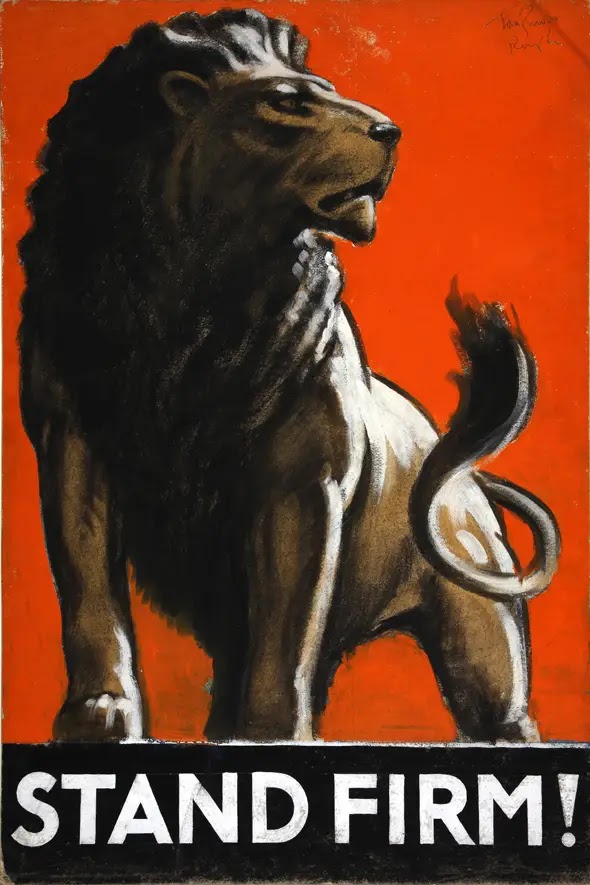The Battle of Alam el Halfa, part of the larger First Battle of Tobruk, concluded with an Allied victory.
Today in World War II History—September 5, 1942: Japanese reach Owen Stanley Gap in drive toward Port Moresby, New Guinea. New song in Top Ten: “I’ve Got a Gal in Kalamazoo.”
From Sarah Sundin's blog.
And, from the sadly inactive Today World War II Day By Day:
Guadalcanal. Just before 1 AM, Japanese destroyers Yudachi, Hatsuyuki and Murakumo shell Henderson Field as they return from landing troops at Taivu. A US Navy PBY Catalina floatplane drops flares to illuminate the attackers but instead lights up US fast transport ships (converted WWI-era destroyers) USS Gregory and USS Little in Savo Sound, which are promptly sunk by Yudachi (USS Gregory 22 killed, 43 wounded; USS Little 62 killed, 27 wounded; survivors from both ships rescued by US destroyer USS Manley). During the day off Santa Isabel Island, US Cactus Air Force operating from Henderson Field again sinks barges carrying heavy equipment for the Japanese troops on Guadalcanal.
The Red Army drove into the Sinyavino Gap, closing to within 3.5 miles of the Leningrad lines. They were, however, exhausted and could not advance further. On the same day, the Soviet 24th and 66th Armies counterattacked the XIV Panzer Corp at Stalingrad, but their progress was halted due to the Luftwaffe.
The Saturday Evening Post, which I can't put up here due to copyright restrictions for 1942, published a classic in its Willie Gillis series with two young women both picking up photos of Gillis, from Gillis, at their mailboxes. The title of the illustration was "Trouble for Gillis". On the same Saturday, The New Yorker published an illustration of male war workers looking out with envy at the lunches of their female coworkers. The Toronto Star Weekly featured an illustration of charging Soviet cavalrymen.





.jpg)
